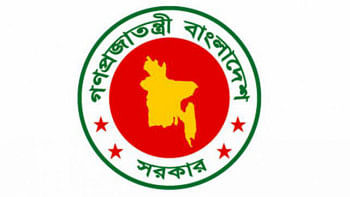A global push for early detection and comprehensive breast cancer care

Breast cancer is the most common cancer globally, with around 2.3 million new cases diagnosed every year. It represents one in eight cancer cases across both sexes and accounts for a quarter of all cancers in women. Alarmingly, around 70% of breast cancer deaths occur in resource-constrained settings. Various barriers within health systems and among patients—such as low levels of awareness and knowledge—contribute to the inadequate uptake of early detection services. As a result, many individuals receive late-stage diagnoses, leading to poor outcomes. In many low-resource settings, breast cancer also impacts a relatively younger population, significantly contributing to premature mortality and maternal orphans.
To address this critical issue, the World Health Organisation (WHO) launched the Global Breast Cancer Initiative (GBCI) in 2021. The goal is to reduce breast cancer mortality rates by 2.5% annually until 2040, which could save 2.5 million lives through three key pillars of action: health promotion for early detection, timely diagnosis, and comprehensive management of breast cancer. Every October, during Breast Cancer Awareness Month (BCAM), the world comes together to create awareness about this disease. This year, the emphasis was on the importance of early detection, timely diagnosis, comprehensive treatment, and the need for support for individuals with lived experiences, including patient navigation.
The objectives of BCAM include raising awareness and driving behavioural change by promoting advocacy and communication strategies to increase the uptake of breast cancer screening and early diagnosis, particularly in resource-constrained settings. Additionally, BCAM serves as a platform for sharing information and facilitating partnerships aimed at strengthening breast cancer control.
Another crucial objective is to support the national adoption of WHO's Global Breast Cancer Initiative. Countries are encouraged to implement this initiative with a focus on early detection, timely diagnosis, and comprehensive care. Highlighting the importance of patient-centred care is also essential, as it includes medical, emotional, psychological, and social support via patient navigation systems. This approach addresses the gender and socioeconomic disparities that affect access to breast cancer care.
It is vital to acknowledge the challenges faced by individuals battling this disease. The impact of breast cancer extends beyond diagnosis and treatment; it significantly affects families and communities. Creating a supportive environment where individuals do not have to face breast cancer alone is essential for fostering resilience and hope.
Through increased awareness, advocacy, and collaboration, it can be ensured that no one faces breast cancer alone and that all individuals have access to the care and support they need. Together, we can make strides toward a future where breast cancer is detected early, treated effectively, and supported comprehensively, ultimately saving lives and reducing suffering.
Source: World Health Organisation


 For all latest news, follow The Daily Star's Google News channel.
For all latest news, follow The Daily Star's Google News channel. 



Comments